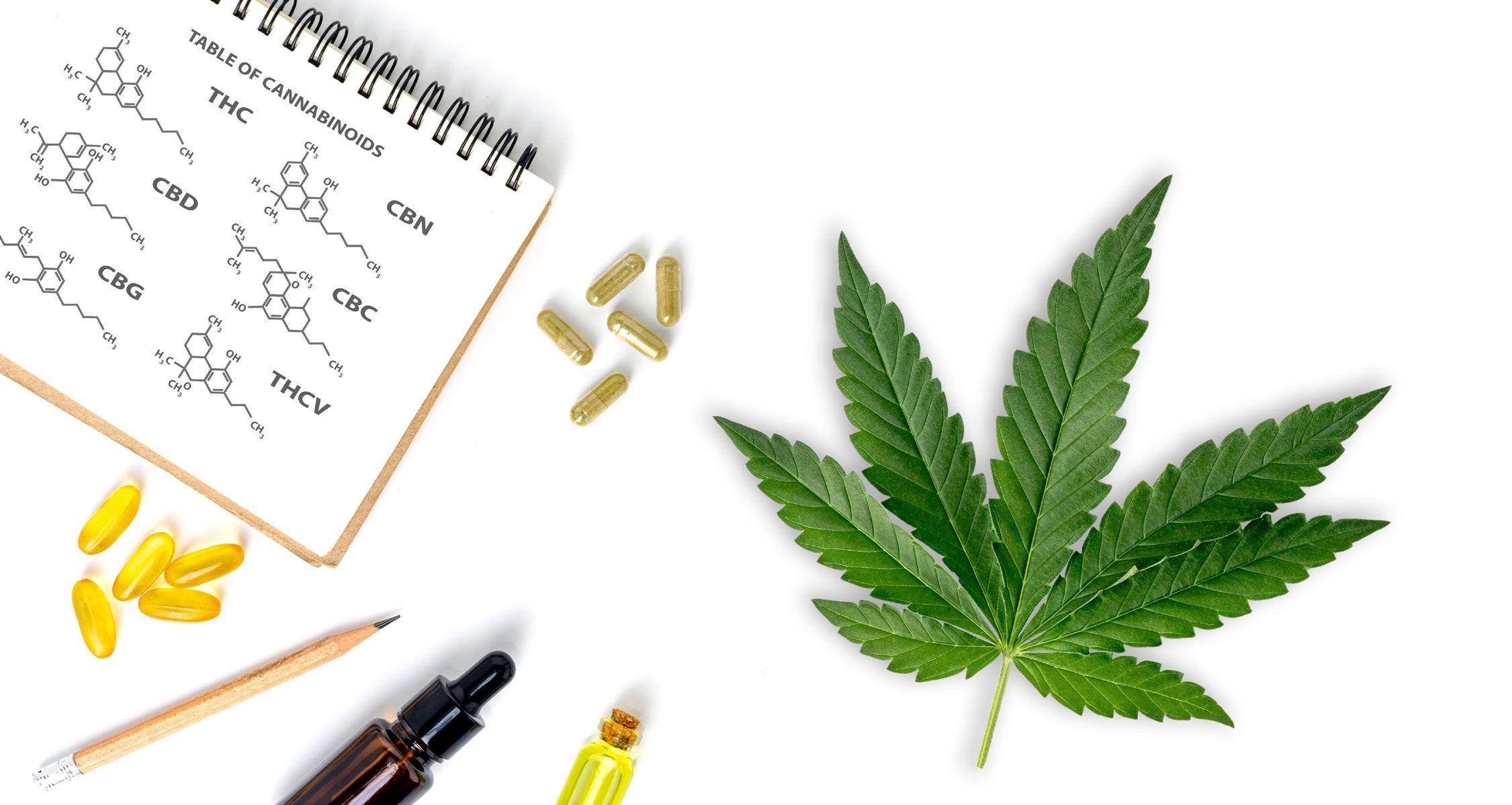AGRICULTURE
DON’T PANIC, IT’S ORGANIC BY CH AS GIL
Back in the 80s, I was a certified organic vegetable grower. Organic certification was fairly simple then. You filled out an application with MOFGA (Maine Organic and Farmers and Gardeners Association), and if you followed their rules, and passed an inspection, you got your certificate. It was a time-consuming task but worth the benefits. This changed in 1990, when Congress passed the Organic Foods Production Act (OFPA) to develop a national standard for organic food and fiber production. With different states guidelines and an increase in abuses of the system, the federal government developed standardization. As one can imagine, having the government take over may not have been the best solution. This government intervention added costs, confusion, and complexity that are still present. I decided, like many, to drop the organic certification. Added paperwork and costs did not justify continuing in the program. My markets did not demand certification. I never would have guessed that 30 years later I would have a USDA-certified organic hemp crop. The 2020 growing year was the first season that hemp growers could be certified organic by the USDA. I was hesitant about pursuing certification for several reasons. Could the added cost be justified by a product value increase? I determined that even though both the crop and the drying process could be certified, there were no extractors that were certified in Maine. I could sell my CBG or CBD biomass or smokable flower, but not the oil extract or products made from it. Basically, my certification terminates after being extracted. I could not even claim that the hemp was grown organically on my product label. This was a real deal breaker for me, as spending many times more on fertilizer, combined with other costs to certify as well as increased paperwork, did not seem worth it. Because of the instability of the market, and our desire to produce quality products and open wholesale markets, we decided to pursue the certification process without the means to extract. Fortunately, a processor has been granted USDA organic certification—Sterling Botanicals (sterlinghemp.com) in Lewiston received its MOFGA certification in mid-October. We now have an in-state processor that will extract using safer materials and will be able to label extracted products as USDA Organic. They will also process marijuana (THC) in compliance with the MOFGA MC3 program. Very generally speaking, being USDA-certified organic means using no prohibited materials for three years prior to planting. Prohibited products are typically synthetic pesticides and fertilizers. Certification fees MAINECANNABISCHRONICLE.COM
17

















